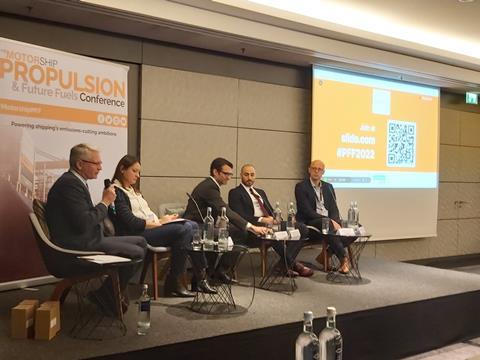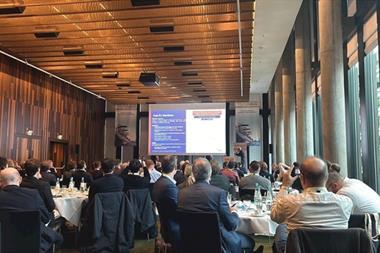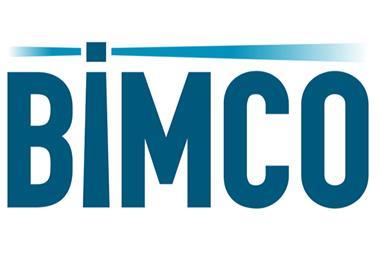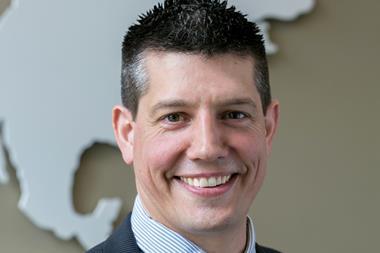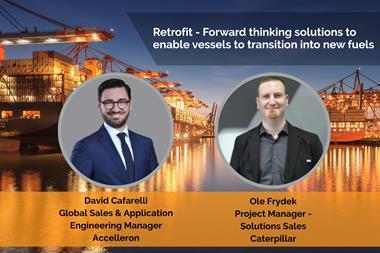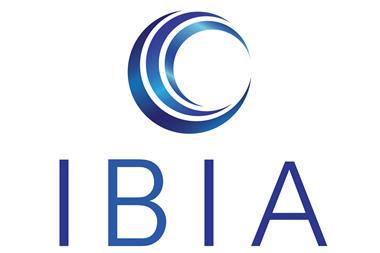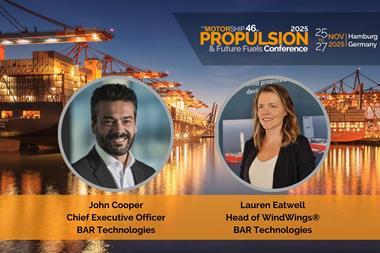The first day of The Motorship Propulsion and Future Fuels Conference 2022 brought together ship owners, ship operators and industry leaders to discuss the challenge of decarbonisation and strategies to meet regulatory targets.
The day opened with a high-level discussion about the implications of the upcoming introduction of onshore power supply (OPS) requirements across the EU’s Core TEN-T ports by 2030.
Rather than altering the market economics to incentivise shipowners to use ‘cold ironing’, the proposal will introduce requirements for cruise vessels, passenger vessels and container vessels to begin to use shore power connections by 2030, subject to various exemptions for vessels making infrequent calls to European ports.
The opening welcome speech, by DNV’s Area Manager and Vice President Rasmus Stute, presented the conference’s themes in microcosm, ranging freely from decarbonisation, digitalisation and alternative fuels uptake through to the need for a level playing field.
The conference followed the panel on electrification with an in-depth panel looking at the only alternative fuel that is widely available now: electricity, as Wärtsilä’s Dr. Torsten Büssow termed it in his presentation. He opened his presentation with the provocative forecast that “in the future, all vessels will be hybrid”, and outlined the rapid advance seen in both hybrid-electric and hybrid-mechanical orders in recent years. GTT’s Natalia Zubenko discussed GTT’s recently launched new condenser concept, Recycooler, which will improve the efficiency of dual-fuel 2-stroke engines. While the solution has initially focused on vessels using LNG as a fuel, GTT is planning to roll-out a version targeting the LNG carrier market. Accelleron’s Simone Bernasconi outlined the benefits that customers could obtain by overhauling turbochargers with new and upgraded components as a cost-effective means of reducing emissions for operational assets.
Digitalisation was the theme of the first session after lunch. Gregory Puckett, Head of Group Digital, MAN Energy Solutions offered a rallying call for the importance of digitalisation – and asked for delegates to recognise how far the industry has come, looking back to a period before business cases for digital services existed. During the panel’s Q&A session, the panel turned to the issue of the development of introducing common ISO standards, with Lars Robert Pedersen noting that the IMO Standard Reference Model was open to additional contributions from interested shipowners.
Motorship Award
The final session of the conference saw presentations from five shortlisted projects. This year’s award was fiercely contested with each of the five nominees producing a strong argument for their inclusion. As in previous years, the projects all offer significant reductions in GHG emissions, with most offering lower fuel consumption, and lower capital and operating expenditure.
Coincidentally four of the five projects were powered by dual-fuel 2-stroke engines capable of operating on LNG, while the fifth, the With Orca, represented a hydrogen-fuelled coastal vessel capable of operating mainly on the power generated by two Flettner rotors, when winds allow.
